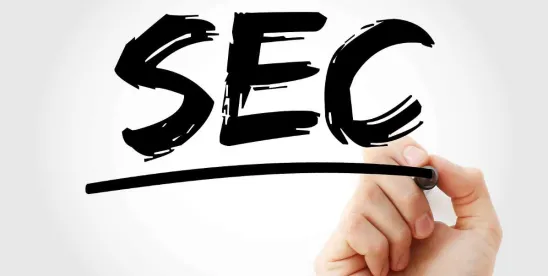In a blog post this morning, Liz Dunshee notes that the Securities and Exchange Commission has recently announced the settlement seven more cases involving Rule 21F-17(a), which provides:
No person may take any action to impede an individual from communicating directly with the Commission staff about a possible securities law violation, including enforcing, or threatening to enforce, a confidentiality agreement (other than agreements dealing with information covered by § 240.21F-4(b)(4)(i) and § 240.21F-4(b)(4)(ii) of this chapter related to the legal representation of a client) with respect to such communications.
The rule is outrageously broad. On its face, it applies to anyone who takes "any action" to impede a whistleblower. As I long ago observed, the rule on its face would prohibit an airline from delaying the flight of a whistleblower who is traveling to a meeting with the SEC or the sacramental seal of confession. See Could The SEC Ask Airlines To Produce Data On Delayed And Canceled Flights? and What, If Anything, Impedes The SEC's Whistleblower Rule?
As I have more recently observed, Rule 21F-17(a) was adopted pursuant to Section 21F of the Securities Exchange Act (15 U.S.C. § 78u-6). Notably, however, Section 21F (the statute) expressly prohibits only retaliation by employers for, among other things, providing information to the SEC. Nor does Section 21F directly prohibit anyone of from impeding communications with the SEC. These are important points because Section 21F grants the SEC with the authority only "to issue such rules and regulations as may be necessary or appropriate to implement the provisions of this section consistent with the purposes of this section".
In her post, Liz notes that some of the offending agreements were "with contractors/consultants rather than employees".



 />i
/>i

